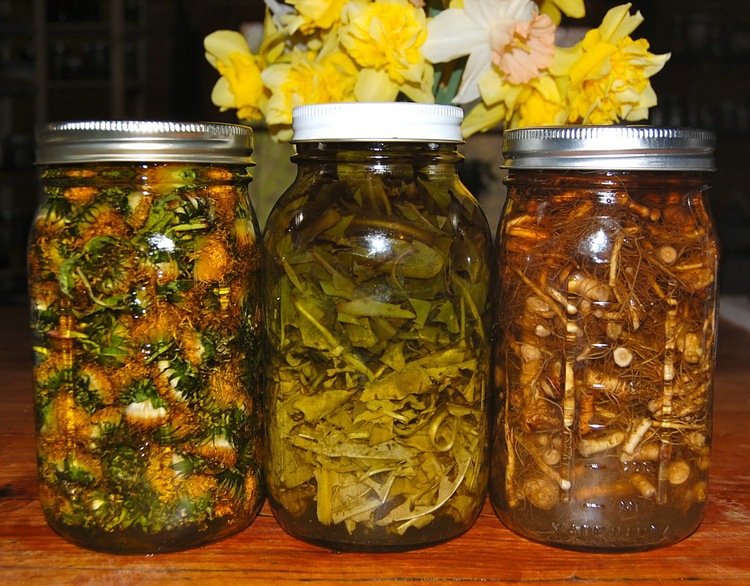ADVERTISEMENT
The bioactive compounds in dandelion stalks have anti-inflammatory properties. Regular consumption can help reduce inflammation in the body, which is beneficial in managing conditions like arthritis and other chronic inflammatory diseases.
Helps in Blood Sugar Management
Dandelion stalks contain inulin, a type of soluble fiber and natural prebiotic that can help manage blood sugar levels. Inulin supports the growth of healthy bacterial flora in the gut, which is linked to improved glycemic control.
Supports Heart Health
The potassium found in dandelion stalks can help manage blood pressure levels, which is essential for heart health. Additionally, the fiber in the stalks can help reduce cholesterol levels, further supporting cardiovascular health.
How to Incorporate Dandelion Stalks into Your Diet
Dandelion stalks can be eaten raw in salads or steamed, boiled, or stir-fried like any other vegetable. Here are a few simple ways to enjoy them:
Salads: Chop the stalks and mix them with other salad greens.
Stir-fries: Add chopped dandelion stalks to a stir-fry for an earthy flavor and a nutrient boost.
Tea: Simmer dandelion stalks in boiling water to make a healthy herbal tea.
Conclusion
Eating six dandelion stalks a day is an easy and effective way to enhance your diet with additional nutrients and health benefits. This simple practice not only utilizes a natural and widely available resource but also supports various aspects of health, from digestion and detoxification to inflammation and heart health. Next time you spot dandelions, consider the potential these vibrant plants hold for your well-being!
ADVERTISEMENT
